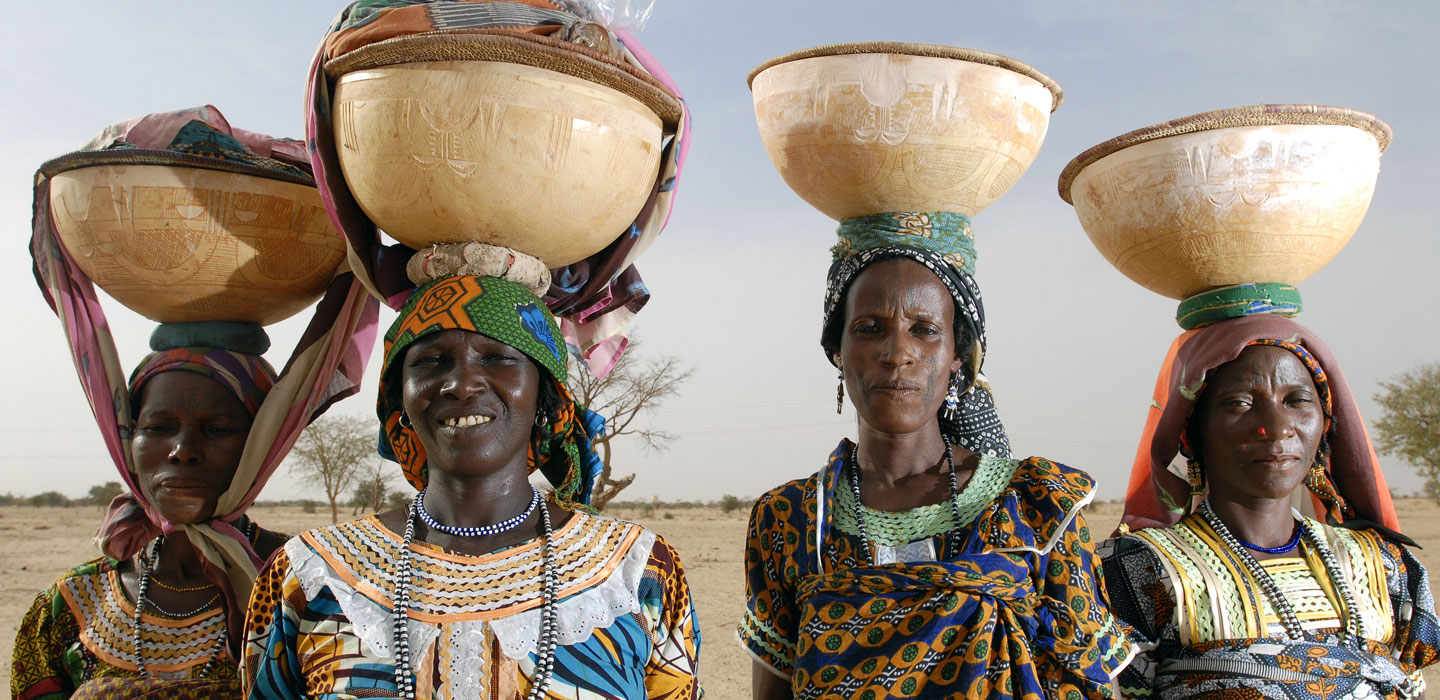Tools and guidelines
الأدوات والإرشادات

الأدوات والإرشادات
عرض القائمة
Search Results Filters
نتائج البحث
How to do note: Integrating the Gender Action Learning System (GALS) in IFAD operations
This note provides practical guidance on how to roll out the Gender Action Learning System (GALS) for IFAD-funded projects.
Making agricultural and climate risk insurance gender inclusive: How to improve access to insurance for rural women
IFAD’s technical assistance programme INSURED (Insurance for rural resilience and economic development) has been building knowledge about how to strengthen women producers’ access to climate risk insurance.
Rural women's leadership programme in grass-roots organizations: a case study in Nepal
Women-led business and value chain development; a case study in Tajikistan
Investments in smallholder goat development and related value chains are effective means to reduce poverty and increase the incomes of men and women from resource-poor households. They are also effective channels to promote gender equality and women’s empowerment in remote mountainous
areas.
Integrated promotion of gender equality and women's empowerment: economic empowerment, decision-making and workloads
address the cross-cutting and multifaceted nature of gender inequality through multiple entry points.
Household methodologies
How to do note: Design of gender transformative smallholder agriculture adaptation programmes
How to do note: Poverty targeting, gender equality and empowerment during project design
Toolkit: Poverty targeting, gender equality and empowerment
Gender in climate smart agriculture, Module 18 for the Gender in Agriculture Sourcebook
Compendium of rural women’s technologies and innovations
Toolkit: Reducing rural women’s domestic workload through labour-saving technologies and practices
Lessons learned: Reducing women’s domestic workload through water investments
There is a recognized need in the water sector for more accurate data on access to water in terms of the distance travelled and the time needed to collect water to meet all household needs, and who or what combination of people are involved in water collection.
How to do note: Reducing rural women’s domestic workload through labour-saving technologies and practices
This How To Do Note looks at the opportunities provided by labour-saving technologies and practices for rural women in the domestic sphere. The purpose is to inform IFAD country programme managers, project teams and partners of proven labour-saving methods available to reduce the domestic workload and how they can best be selected and implemented – to help promote equitable workloads between men and women and contribute to poverty eradication.
دراسة نموذج الحیاة الأسریة، أوغندا
نهج العمل المنهجیات الأسریة
Scaling up note: Gender equality and women’s empowerment
IFAD has achieved significant results in promoting innovative gender mainstreaming and pro-poor approaches and processes in its operations, making this an area of IFAD’s comparative advantage.